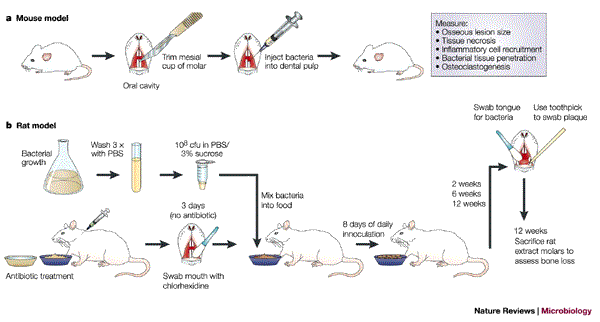top of page
Medical Genetics: Predictive Medicine

RESEARCH
Advances in Predictive Medicine cannot be made without the prevailing work of medical genetics researchers towards this field. The following are thriving contributions essential to the evolution of Predictive Medicine:
Host-Pathogen Interaction
Work towards understanding "host immune responses and progression of pathogenesis" and the effect of administered drugs and vaccines is vital. Because of this, "precise, site-specific delivery to gain rapid control of infection and to accelerate the initation of host repair of damaged tissue" must be attained and is crucial towards accomplishing these effective drugs and vaccines. To do so, Predictive Medicine research faculty members of University of Louisville are geared towards "critical host-pathogen interaction" to begin creating treatments. (2.8)

HOST-PATHOGEN INTERACTION
(2f)

HOST-PATHOGEN ANALYSIS
(2g)

SMALL ANIMAL MODEL
(2k)

HOST-PATHOGEN INTERACTION
(2f)
Therapeutic and Vaccine Development
With rare pathogens, like Burkholderia pseudomallei, Yersinia pestis, avian influenza, MERS-CoV, and equine encephalitis, arising that symbolize potential health and bioterror threats to the world, researchers are fixated on fighting this global toll by working towards the cultivation of novel therapeutics and vaccines. (2.9)
Small Animal Models of Disease
A hindrance to understanding rising pathogens is the uncertainty of small animal models. Researchers are in the process of finding small animal models for "use in basic through translational infectious disease research". To target disease pathogenesis and finding efficient remedies, researchers are also using diagnostic imaging techniques to develop challenge models. (2.10)
bottom of page